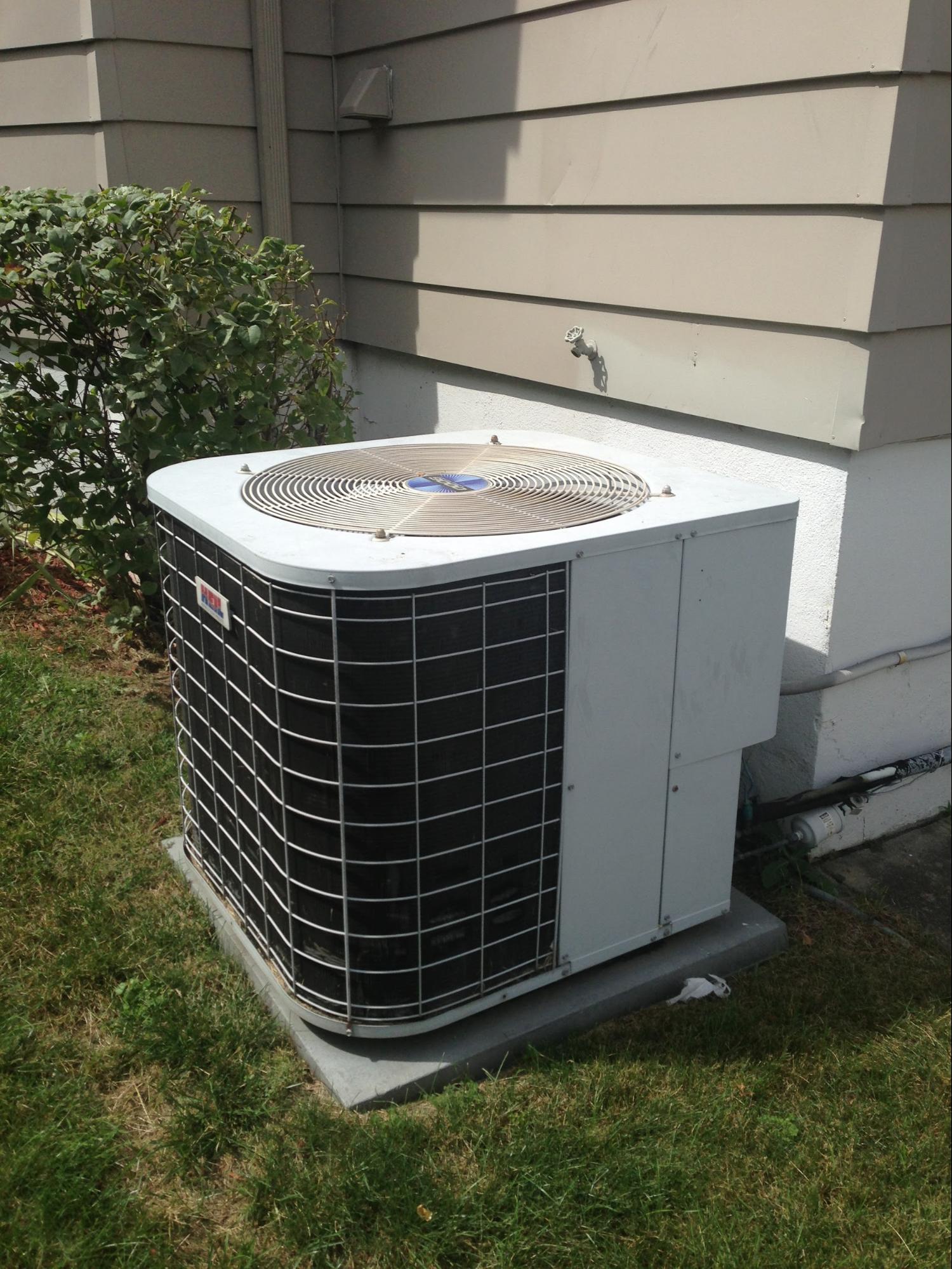How Does Central Air Conditioning Work?

You push a button on your thermostat, and voilà, after about 15 minutes, your home feels cooler. It seems like magic, right?
Air conditioners are certainly modern miracles. But so much goes on behind the scenes to keep your home at a comfortable temperature. Below, we take a deep dive to answer questions such as "What is central air conditioning, and how does a central air conditioning system work?" Ready to cool off? Let's get started.
What is Central Air Conditioning?
Central air conditioning is a whole-house cooling system that utilizes ducts and ductwork to disperse cool air throughout your house. It (typically) involves two components: an indoor unit (the air handler) and an outdoor unit (the condenser and compressor). Warm air is replaced with cool air, which is transferred throughout your home via ductwork.
How Does Central Air Conditioning Work?
Ever wonder: How does a central air conditioning system work? Yes, we know you flip a switch and your home cools. But how does your central air conditioning system really work to keep your home comfy and chill? Here are the specifics:
As we mentioned earlier, central air conditioning uses a system of ducts to circulate cool air throughout your home. It is powered by an outdoor compressor that removes heat from indoor air. The indoor unit pulls warm air in, cools it using a refrigerant-cooled evaporator coil, and then sends the chilled air back through the ducts and into your living space. Voilà—your family is happy, cool, and relaxed.
Is there a Difference Between Central AC and "Normal" AC?
Yes. Central air conditioning is designed to cool your entire home, while "regular" or "normal" air conditioning involves window units, portable units, or ductless mini-splits. These systems are only designed to cool one area of your home, while central air cools an entire house.
What are the Benefits of a Central AC system?
If you've never had central air conditioning in your home, you might wonder about the pros and cons of central AC systems. Here are some answers:
Pros Include:
- Whole-house cooling
- Offers quiet operation
- Many energy-efficient options
- Often increases home value
Cons Include:
- More costs are paid upfront
- Home requires ductwork
- Less flexibility in zone control
How to Know If Your Home Has Central Air
If you're new to homeownership, you may wonder: How do I know if my house has central air? Here's how to tell for sure. If your home has central air, it will have:
- A wall thermostat
- Vents in each room
- An outdoor condenser unit
If you don't have central air conditioning but want a new system professionally installed, the Air Experts team can assess your home and recommend the proper-sized system for your needs.
Is Central Air Usually Gas or Electric?
Electric is the standard for most central air conditioning systems. Electrical energy powers the primary components, which include the compressor, condenser fan, evaporator fan, and control systems.
Is Your AC Giving You Trouble?
We've been around since 1994, which means we know the ins and outs of central air conditioning. Our technicians have the know-how and experience to fix any problem. So call us—we're standing by, ready to help!
